For decades, kimchi has been celebrated as Korea’s national dish, a fermented vegetable staple deeply embedded in the country’s culinary identity. Its bold flavors and probiotic benefits have earned it global recognition, with many health enthusiasts praising its nutritional value. Yet, beneath this cultural pride lies a growing medical concern: South Korea’s disproportionately high rates of gastric cancer, which some researchers speculate may be linked to excessive kimchi consumption. The debate is far from settled, but the potential connection has sparked scrutiny over dietary habits long considered sacrosanct.
Gastric cancer remains one of the leading causes of cancer-related deaths in South Korea, with incidence rates significantly higher than in most Western nations. While factors like Helicobacter pylori infections, smoking, and genetic predisposition play well-documented roles, the spotlight has increasingly turned to diet—particularly the heavy consumption of salted and fermented foods. Kimchi, traditionally prepared with generous amounts of salt, chili peppers, and fermented seafood, has come under particular scrutiny. Its daily presence in Korean meals raises questions about whether a beloved cultural icon could also be a silent contributor to a public health crisis.
The fermentation process that gives kimchi its signature tang also produces compounds like N-nitroso, which are known carcinogens in high concentrations. Studies have shown that diets high in pickled and salted foods correlate with increased gastric cancer risk, though direct causation remains difficult to establish. Korean researchers have published conflicting findings, with some asserting that kimchi’s antioxidants and lactic acid bacteria counteract potential harms, while others warn that excessive intake—especially of overly salted varieties—may tip the balance toward danger. The lack of consensus reflects broader challenges in nutritional epidemiology, where isolating single dietary factors proves notoriously difficult.
Cultural attitudes further complicate the issue. For many Koreans, criticizing kimchi feels akin to questioning a fundamental aspect of national identity. Government-sponsored campaigns have historically promoted kimchi as a health food, and export-driven marketing touts its benefits worldwide. This entrenched positivity makes it challenging to openly discuss potential downsides without encountering skepticism or outright dismissal. Yet, as gastric cancer rates persist, a slow shift is occurring. Younger generations, more exposed to global health trends, are beginning to moderate their kimchi intake, while some manufacturers experiment with low-sodium recipes—a once-unthinkable concession to modernity.
Medical professionals cautiously navigate this sensitive terrain. Dr. Lee Hyun-woo, an oncologist at Seoul National University Hospital, notes, "We cannot ignore patterns in the data, but we also must avoid oversimplification. Gastric cancer is multifactorial, and kimchi is just one piece of a complex puzzle." He emphasizes that moderate consumption within a balanced diet likely poses minimal risk, but acknowledges that those with a family history of stomach cancer might benefit from reduced intake of highly salted variants. Such nuanced messaging struggles to compete against either blanket endorsements of kimchi or alarmist headlines decrying it as a carcinogen.
International research adds another layer to the discussion. Japan, another high-fermented-food-consuming nation, shares similarly elevated gastric cancer rates, lending credence to the salt-carcinogenesis hypothesis. Meanwhile, global health bodies classify processed meats as Group 1 carcinogens but stop short of similarly categorizing fermented vegetables, citing insufficient evidence. This leaves Korean consumers in a gray area—armed with fragments of concerning data but no definitive guidance on how to reconcile health concerns with cultural tradition.
As science continues to investigate, what emerges is neither a condemnation of kimchi nor an absolution, but rather a case study in how societies balance heritage with evolving health knowledge. The kimchi paradox—a dish simultaneously nourishing and potentially harmful—mirrors broader tensions between tradition and modernity. For now, Koreans face individual choices about how much to embrace caution without abandoning a culinary legacy that has, for centuries, defined their palate and culture.
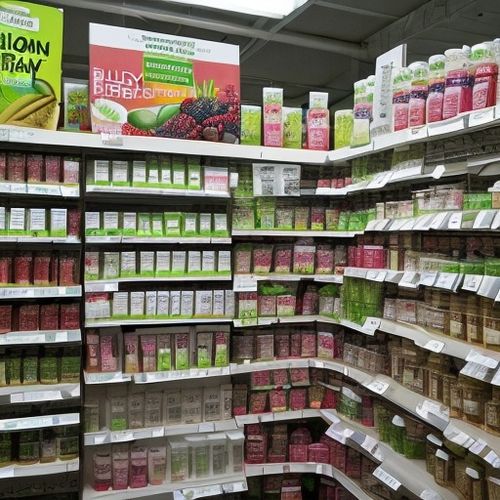
By Elizabeth Taylor/Apr 10, 2025

By Laura Wilson/Apr 10, 2025

By Natalie Campbell/Apr 10, 2025

By Daniel Scott/Apr 10, 2025
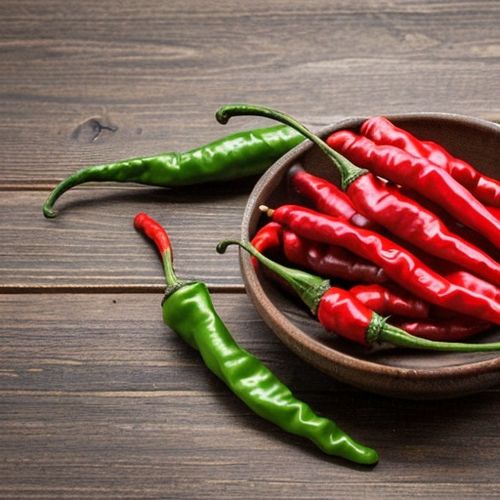
By Sarah Davis/Apr 10, 2025
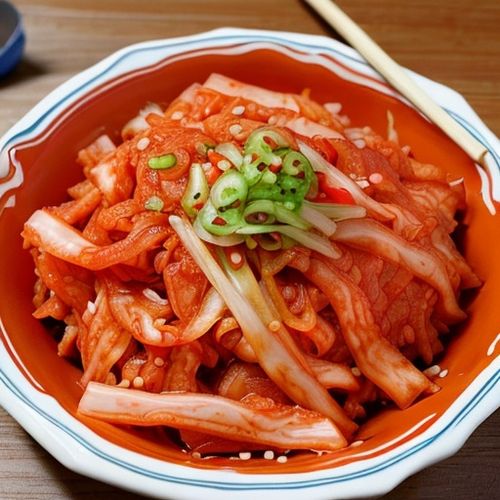
By Michael Brown/Apr 10, 2025

By George Bailey/Apr 10, 2025
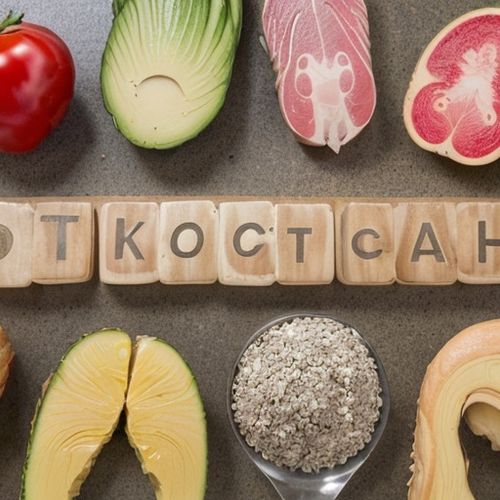
By Thomas Roberts/Apr 10, 2025
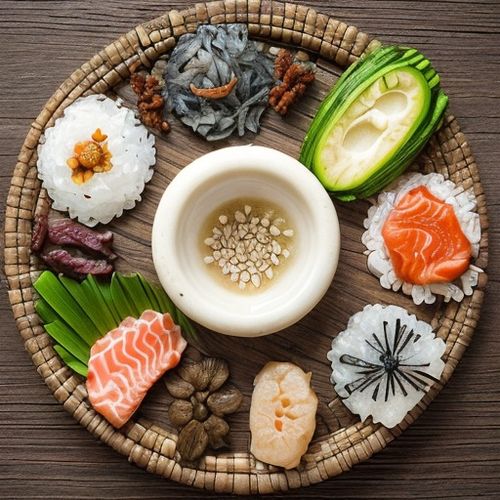
By Sarah Davis/Apr 10, 2025
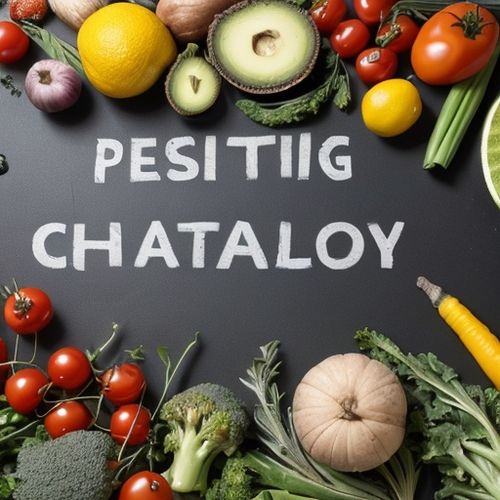
By William Miller/Apr 10, 2025

By Natalie Campbell/Apr 10, 2025

By Ryan Martin/Apr 10, 2025

By Benjamin Evans/Apr 10, 2025

By John Smith/Apr 10, 2025

By Grace Cox/Apr 10, 2025
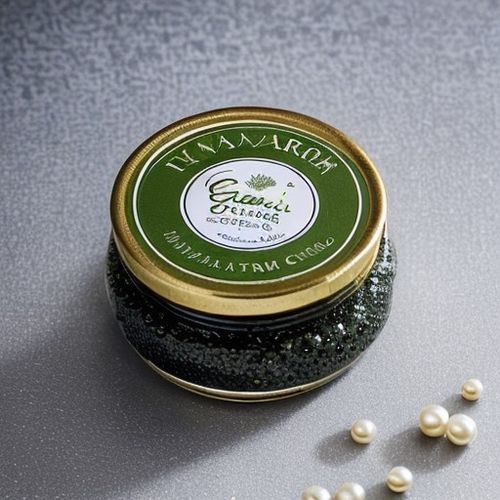
By Victoria Gonzalez/Apr 10, 2025
By Natalie Campbell/Apr 10, 2025